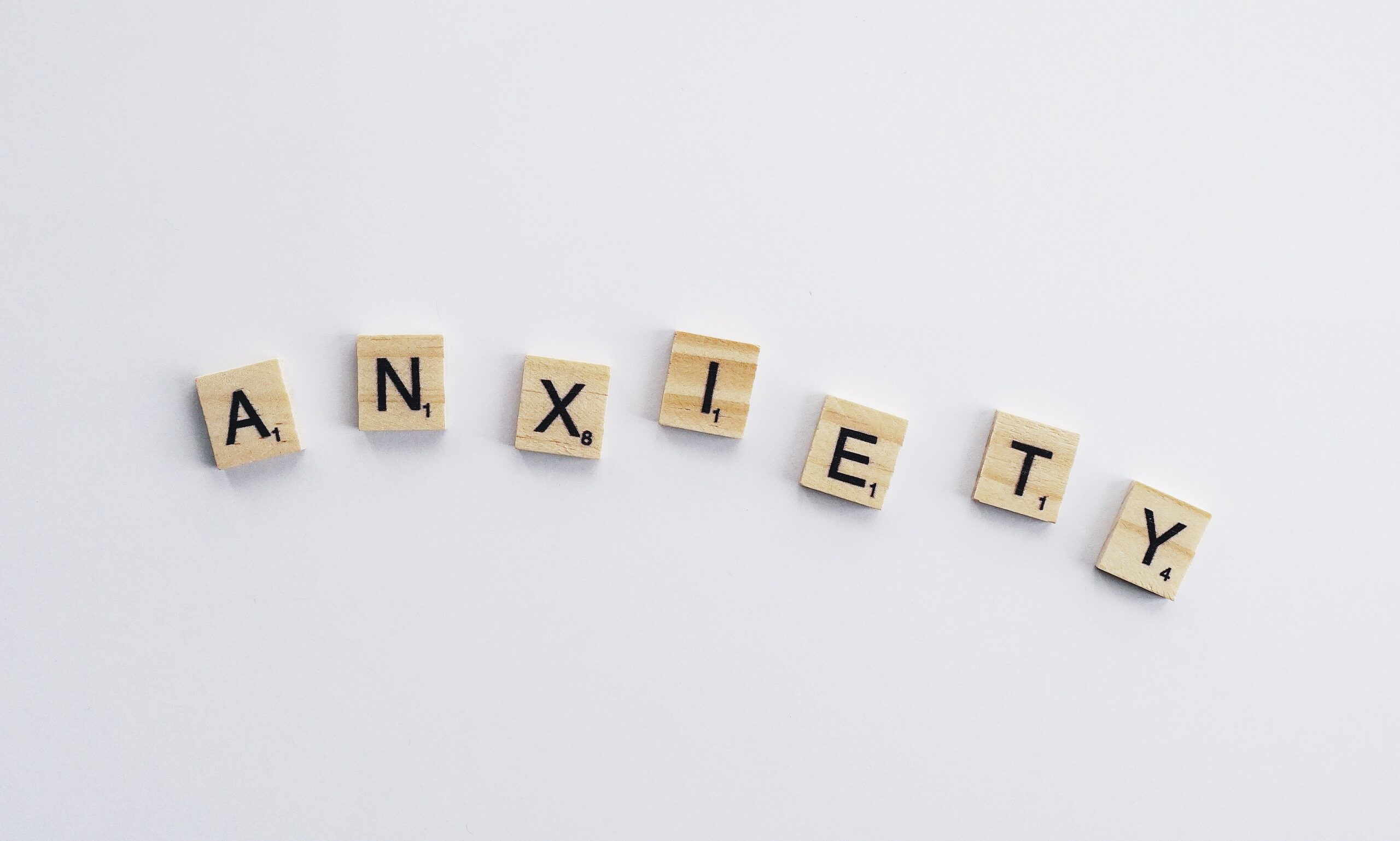Money is a touchy subject for many people that causes anxiety. About a quarter of Americans frequently worry about money, and half are stressed about retirement and unexpected medical costs. Some people’s financial anxiety is so severe that it’s classified as a mental health disorder called chrometophobia.
One of the hallmark symptoms of this condition is fear of spending money. People with chrometophobia are constantly worried they’ll mismanage their money and won’t have enough to live on, even if they have a big savings account balance. They get irritable at the thought of spending money and sit out on fun experiences so they don’t have to part with cash. They’re usually so stressed about their finances that it affects their job performance and relationships.
Spending anxiety is something I’m all too familiar with. I used to feel anxious almost every time I swiped my debit card, even for necessary purchases like groceries. Although it never got to the point of chrometophobia, my financial anxiety still held me back. Luckily over the years I was able to develop coping techniques and learn how to deal with spending anxiety so I could enjoy my life more. Here are some of the strategies that helped me tackle my financial anxiety.
Figure Out the Root Cause of Your Spending Anxiety
Spending anxiety doesn’t come out of nowhere—there’s usually a root cause behind it. For many of us, the root cause may have been childhood experiences. I think the 2008 financial crisis, which happened during my formative years, played a role for me.
Like many families, we came close to losing our house because of the recession. My dad was laid off from his sales job and was out of the workforce for a while. My mom stayed at home with us kids, so we lost our primary source of income and had to rely on unemployment to barely scrape by.
Although we were fortunate to have a roof over our heads as foreclosures skyrocketed, it was scary to see how quickly financial situations can change. One day you’re living comfortably and the next you’re barely getting by due to circumstances outside of your control. This experience gave me a sense of financial precarity that I wasn’t able to shake for years. It didn’t matter how much money was in my bank account. I still felt like I didn’t have enough set aside for emergencies and had to save every penny that came my way.
Figuring out the root cause of my spending anxiety helped me realize what I was really afraid of—losing my home. For you it might be something else, like not having enough money to buy groceries because your parents struggled to put food on the table. Once you understand where your spending anxiety comes from and what you’re afraid of, you can work on tackling it.
You may find trying to figure it out hard, so it would be a good idea to speak with mental health professionals such as Serenity Mental Health Centers, for example, so you can get to the root of this issue and start working your way into a more relaxed and proactive reaction.
Make a Plan for Worst-Case Scenarios
One of the best tips I’ve ever seen on how to deal with spending anxiety comes from financial psychologist Dr. Brad Klontz. He recommends facing the fears causing your financial anxiety head-on by making a plan for worst-case scenarios. He says you should think about what you would do if your worst fear came true as a form of exposure therapy.
For me that’s losing my home due to an extended period of unemployment. If I ran through my emergency fund and couldn’t pay my mortgage, I’d probably try to rent out my home and move in with my parents or older sister. If I couldn’t find a tenant or get an emergency personal loan, I might have to foreclose on my home eventually. But I wouldn’t be out on the streets.
Dr. Klontz recommends this exercise because it can help you see that even your financial worst-case scenarios aren’t the end of the world. There are safety nets you can fall back on when you’re in a tough financial situation, such as food banks, rent and utility assistance programs, unemployment, family and friends, and emergency personal loans. Not to mention the emergency savings you’ve built up because you’ve been afraid to spend money.
Making a worst-case scenario plan can help you see that you can recover from financial setbacks. Now that you know you can handle rough patches, hopefully your fears will have less control over you and you’ll be able to spend a little more freely.
Don’t Be So Hard On Yourself
Another reason I developed spending anxiety is because I was too hard on myself about my finances. As a personal finance writer I held myself to very high standards. I wanted to crush my financial goals and keep up with the other personal finance influencers I followed online.
I used to view treating myself as a slip-up because I could’ve saved that money instead. Since I wrote about compound interest often, I was highly aware of the opportunity cost of buying a latte instead of investing that money. If you feel the same way, it’s important to remind yourself that splurging on things you want occasionally is a healthy part of any budget.
As long as you’re living within your means and can afford to treat yourself, it’s ok to go shopping or get takeout. Saving burnout is real and can start to creep up on you if you tighten your belt too much. Managing your finances is all about balance. There’s such a thing as being too frugal.
Make a budget that allows you to meet your financial goals and give yourself permission to make some frivolous purchases every now and then. It may also help to speak with a financial advisor. They can show you that you’re on track for your goals and can afford some indulgences.
Focus on Self-Care
I’ve noticed that I’m likely to have negative thoughts about money when I’m tired, stressed, or super busy at work. Taking care of myself and making sure I eat healthy meals and practice good sleep hygiene has lowered my stress levels. When I’m feeling good overall, it’s easier to put anxious thoughts out of my mind instead of ruminating on them and spiraling.
If I do get caught in a negative thought pattern, I find it’s helpful to distract myself with a relaxing activity. I usually watch a few episodes of my favorite TV show, bake a batch of cookies, or take a bath to boost my mood and break the anxious cycle I’m stuck in.
However, if you have severe financial anxiety, you might not be able to deal with it on your own. In that case, it may be best to speak to a therapist who can help you work through your emotions. If you live in an area where cannabis is legal, a medical professional may even recommend you use it to calm symptoms down. You can buy cheap weed in many places nowadays, so it won’t place any particular financial burden on you. Just make sure to only use the amount recommended by your doctor, and monitor your symptoms before and after taking it to determine how it makes you feel.
Have you ever had spending anxiety? What did you do to cope with it? Share your tips in the comments section below.
Read More
How I Save Money With My Minimalist Beauty Routine
Should You Pay Interest After Borrowing Money From a Friend?
Take These Steps To Stop Spending Money on Fast Food

Vicky Monroe is a freelance personal finance and lifestyle writer. When she’s not busy writing about her favorite money saving hacks or tinkering with her budget spreadsheets, she likes to travel, garden, and cook healthy vegetarian meals.
